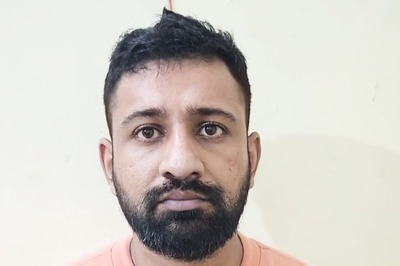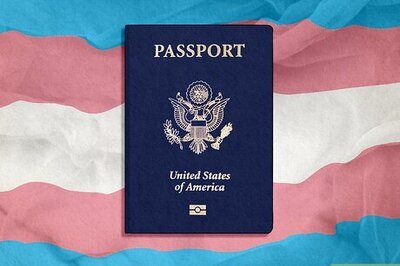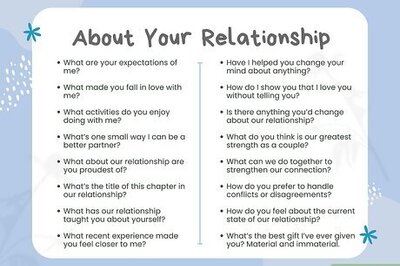
views
FALLS CHURCH, Va.: The full panel of 15 appellate judges in Richmond has narrowly upheld a former northern Virginia high school student’s appeal to have her lawsuit against the school system reinstated after an alleged sexual assault on a band trip.
The narrow 9-6 decision from the 4th U.S. Circuit Court of Appeals Monday prompted a pair of rare, written dissents from two judges who say the decision vastly expands the liability that school systems face under Title IX, the law that bans sex discrimination in public education.
Dissenting judge J. Harvie Wilkinson wrote that reinstating the lawsuit will only further contribute to the dramatic loss of control that states and localities are able to exercise over their own school systems.
Judges dissent all the time when they hear cases, but it is rare to dissent on what’s called an en banc petition, in which the losing side on a ruling from a normal three-judge panel asks the entire circuit to take up the case.
The case stems from a complaint by a female Oakton High School student about how administrators responded to her claims of an assault on a 2017 band trip.
At a 2019 trial in federal court in Alexandria, the school systems lawyers argued that no assault took place. They said evidence showed that the girl was ambivalent about her participation in the conduct and really became upset only after learning the male student had a girlfriend.
The female student, identified in court only as Jane Doe, testified that she tried to block the male students hands from groping her while they huddled under a blanket and that she at one point pulled her hand away from his genitals only to have him grab it and put it back.
She acknowledged that she never told him no and she didnt try to get up and walk away. But she was adamant she didnt consent.
Its pretty simple. I never said yes to him doing any of that to me, she testified.
The boy who committed the alleged assault was not punished.
The jury in Alexandria found that she had been assaulted but ruled in favor of the school district after determining that had received proper notice of the alleged assault.
Earlier this year, a divided three-judge panel reinstated the lawsuit. On appeal, the judges focused less on whether she was assaulted and more on whether the school system could be held liable for a single alleged assault when there had been no prior notice of a problem.
The dissenting judges said it stretches Title IX beyond its intent to hold the school district liable for an alleged assault under the circumstances described in the lawsuit.
Regretfully, we now leave the Supreme Court as the only possible venue for review of this important legal issue that will implicate educational institutions across the country, dissenting judge Paul Niemeyer wrote.
Judge James Wynn, writing for the majority, said that a school may be held liable when it makes a student vulnerable to sexual harassment by their peers, such as by failing to respond appropriately after learning of an initial incident of sexual assault. In other words, schools do not get one free rape.
In a statement, Fairfax County Public Schools lawyer said John Foster said Monday’s ruling is under review, but did not say definitively whether the school system would appeal to the Supreme Court.
Disclaimer: This post has been auto-published from an agency feed without any modifications to the text and has not been reviewed by an editor
Read all the Latest News, Breaking News and Assembly Elections Live Updates here.



















Comments
0 comment